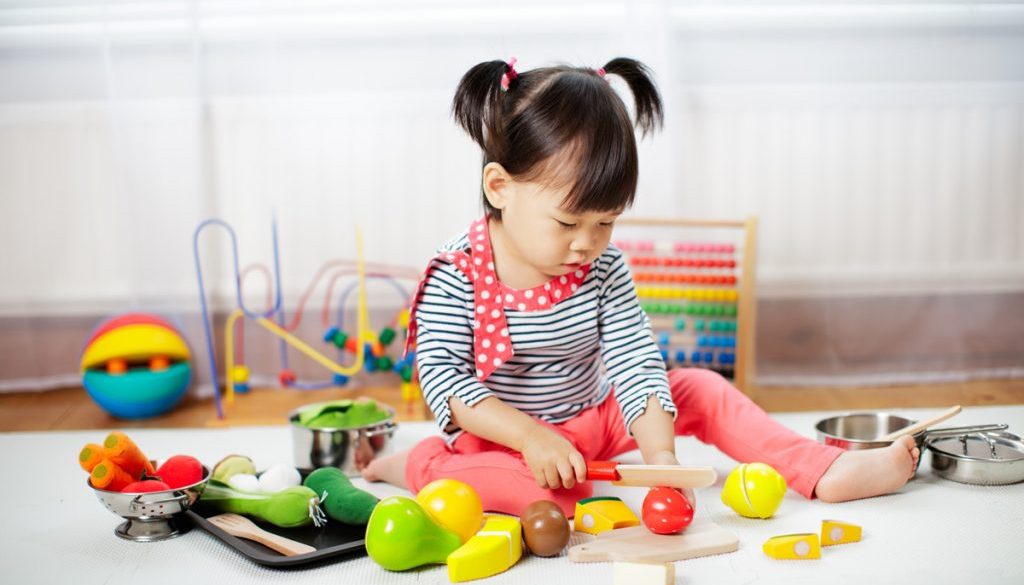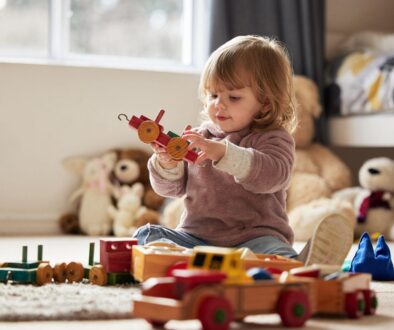The Importance of Play

With children at home and “to do” lists growing, it is important to keep in mind that, even though routines and schedules are important, play is the real work of childhood. Throughout history, even in the darkest of times, children find a way to engage in play. It is a natural stress reliever and allows children to work through anxieties and fears. So, while we are busy trying to juggle schedules, keep children entertained and create a sense of normalcy for our families, don’t forget to carve out time for play… free, unstructured, spontaneous play.
Here are just a few benefits of play:
- Unstructured play allows children to learn how to collaborate, share, negotiate, learn conflict resolution, and to advocate for themselves.
- Child led play helps children practice decision-making skills, go at their own pace, discover their own likes and dislikes, and figure out what they are passionate about.
- Play allows children to be creative while also developing their imagination.
- Play can help strengthen and build relationships with others as well as oneself.
- Play is important for healthy brain development and one of the best ways for children to learn language and literacy skills.
The outside world is changing and maybe you are spending more time at home with your little one. This can be a great opportunity to observe your child during play or even join with their self-directed play to be able to see the world from their unique point of view. Playing together with your child sends the message that you are engaged and paying attention and ultimately helps to build a healthy attached relationship.
Try some of these ideas for play with your little one:
- Pretend play helps children think symbolically and develop language skills. It can also help children practice putting thoughts into words.
- Dramatic play helps develop narrative skills as children make up a story about what they’re doing. Ask them “what happens next?” This helps them understand that stories happen in an order: first, next, last.
- Make-believe play gives children a chance to act out real-life situations, work through worries and fears, and use their imagination to solve problems.
Giving children opportunities for child led, unstructured, free play can have a lasting positive effect on their development and will give them the best chance at becoming happy, well-adjusted adults.





